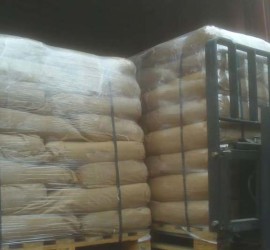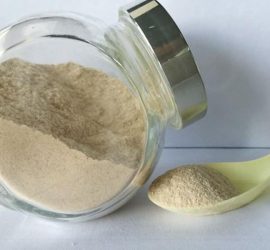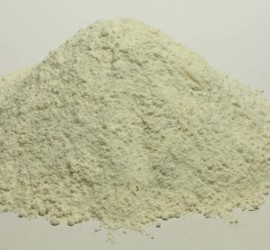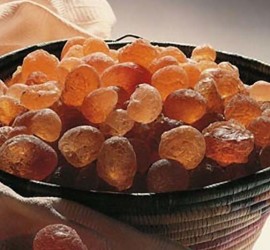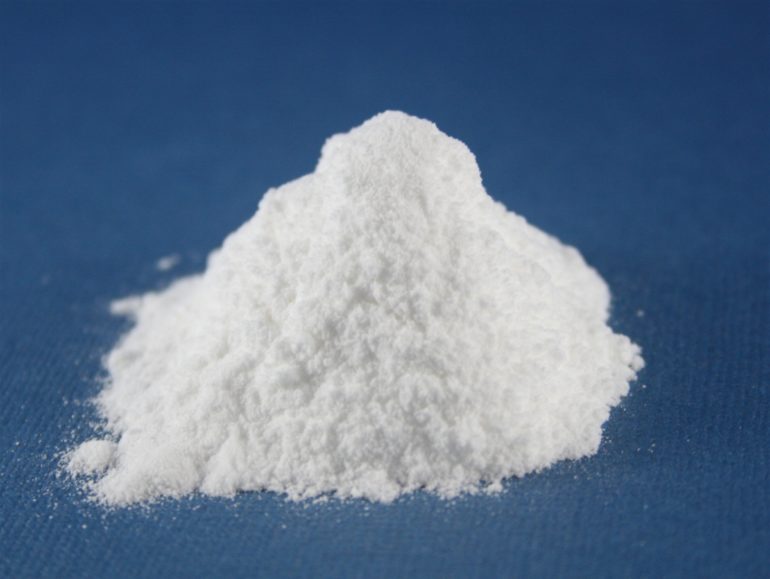
Product Description
| Categories | Thickeners | |
| Qty in 20’FCL | 10000kg | |
| Min Order | 500kg | |
| Origin | China | |
| Packaging | Factory Packaging or Neutral | |
| Certificate | ISO, Kosher, Halal, BRC | |
| E Number | E460 | |
| CAS No. | 9004-34-6 | |
| HS Code | 391290 | |
| Specification | FCC/USP |
Microcrystalline Cellulose, MCC, E460, CAS no.9004-34-6 is partially depolymerized cellulose prepared by treating alpha-cellulose, obtained as a pulp from fibrous plant material, with mineral acids, and it appears as a fine white to off-white powder. It is used as a texturizer, an anti-caking agent, emulsifier in pasteurized cream, fermented milk, cheese, processed fruit, dried vegetables, etc.
As an experienced Microcrystalline Cellulose manufacturer and supplier, we has been supplying and exporting Microcrystalline Cellulose for almost 10 years, please be assured to buy from us. Any inquiries about price and the market trend please feel free to contact us, we will reply you within 1 working day.
Microcrystalline Cellulose Specification
| ITEM | STANDARD |
| Appearance | A fine white or almost white odorless powder |
| Particle size | 98% pass 120 mesh |
| Assay (as α- cellulose, dry basis) | ≥97% |
| Water-soluble matter | ≤ 0.24% |
| Sulphated ash | ≤ 0.5% |
| pH (10% solution) | 5.0- 7.5 |
| Loss on drying | ≤ 7% |
| Starch | Negative |
| Carboxyl groups | ≤ 1% |
| Lead | ≤ 5 mg/ kg |
| Arsenic | ≤ 3 mg/ kg |
| Mercury | ≤ 1 mg/ kg |
| Cadmium | ≤ 1 mg/ kg |
| Heavy metals (as Pb) | ≤ 10 mg/ kg |
| Total plate count | ≤ 1000 cfu/g |
| Yeast and mould | ≤ 100 cfu/g |
| E. coli/ 5g | Negative |
| Salmonella/ 10g | Negative |
As a professional Xanthan Gum supplier, we’re engaged in export and distribute Xanthan Gum for years.
Price trend of Microcrystalline Cellulose
Raw Materials price: Prices of raw material Cellulose are stable.
Market demand and supply : demand and supply is stable. Production capacity of the Microcrystalline Cellulose manufacturers didn’t change much.
Market Forecast: Considering the current market trend, price of Microcrystalline Cellulose will be stable in the coming months.
Microcrystalline Cellulose (MCC) gluten free
Microcrystalline Cellulose (MCC) is gluten free and widely used in gluten free food to provide a texturizer, an anti-caking agent, a fat substitute, an emulsifier, an extender, and a bulking agent to vitamin supplements or tablets.
Halal Certified Microcrystalline Cellulose (MCC)
Microcrystalline Cellulose is a purified partially hydrolyzed cellulose, generally recognized as halal.
Kosher Certified Microcrystalline Cellulose (MCC)
Microcrystalline Cellulose is a purified partially hydrolyzed cellulose, generally recognized as Kosher classified as Parve.
Microcrystalline Cellulose (MCC) MSDS
Side Effect of Microcrystalline Cellulose
Although Microcrystalline Cellulose generally regarded as a very safe and effective supplement, there can be some minor side effects. The side effects may:
- Microcrystalline Cellulose may cause mild side effects in certain individuals. You may find that you have to frequent the bathroom more often due to an increase in stool production. You may also experience gas and bloating.Other reported side effects include depression, forgetfulness, lack of energy, and headaches. One woman determined her rash, irregular heartbeat, and loss of hair was due to an allergic reaction to Microcrystalline Cellulose.
Application and Uses of Sodium Carboxymethyl Cellulose
Sodium Carboxymethyl Cellulose can be used in Food, Beverage, Pharmaceutical, Health & Personal care products, Agriculture/Animal Feed/Poultry. Sodium Carboxymethyl Cellulose (CMC, E466) is used in food as a viscosity modifier or thickener, and to stabilize emulsions in various products. Sodium Carboxymethyl Cellulose is also used in toothpaste, laxatives, diet pills,water-based paints, detergents, textile sizing, and various paper products.

